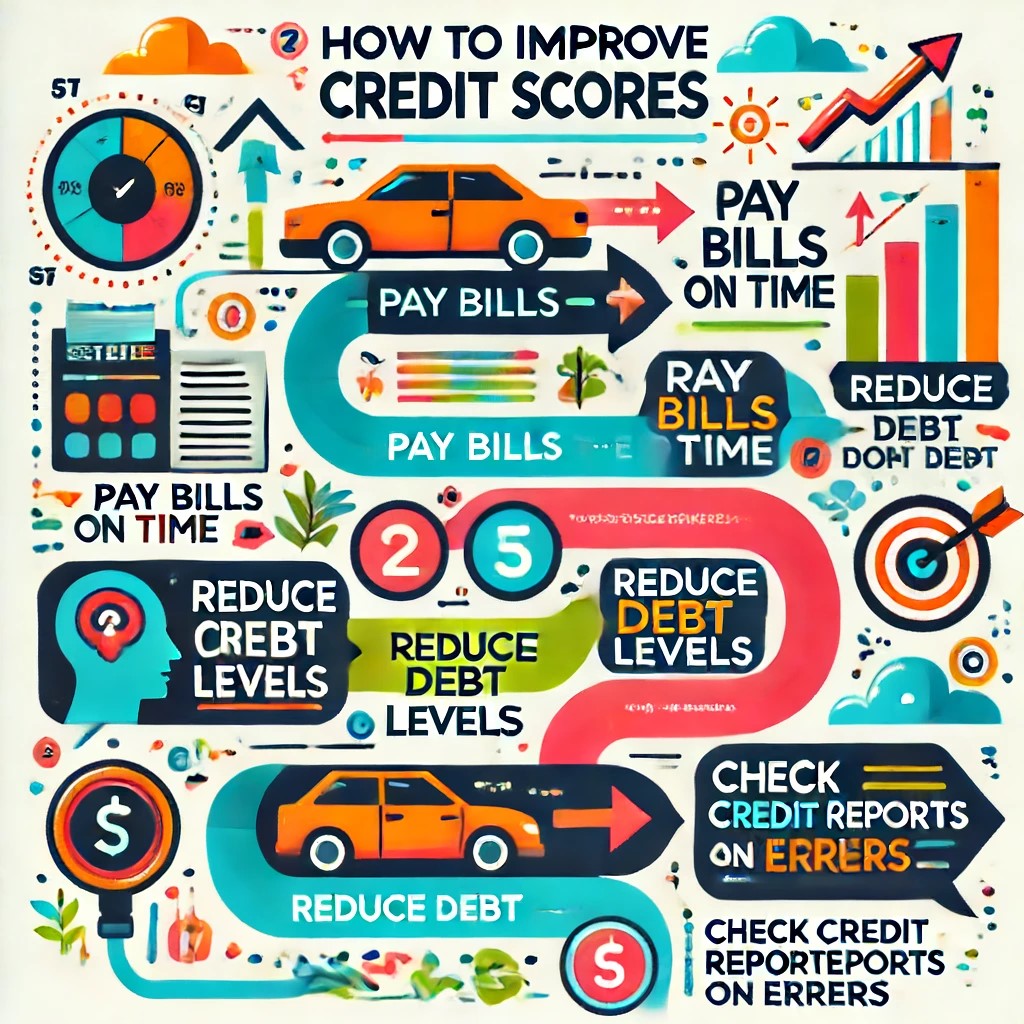Credit Scores: Understanding Their Impact and How to Improve Them
Credit scores are integral to the financial landscape, influencing everything from the ability to obtain a mortgage to the interest rates consumers pay on loans. As financial environments evolve with technological advancements, understanding the dynamics of credit scores becomes even more crucial. This article delves into the current significance of credit scores, the trends affecting them, and strategies for improvement.

The Importance of Credit Scores
Credit scores are numerical representations of a person's creditworthiness, derived from their credit history. Lenders use these scores to assess the risk of lending money or extending credit to individuals. Scores are based on several factors, including payment history, amounts owed, length of credit history, new credit, and types of credit used.
Current Trends Impacting Credit Scores
1. Alternative Data in Credit Scoring: Traditionally, credit scores have been based largely on loan repayment histories, credit card usage, and other formal credit activities. However, there's a growing trend to include alternative data in credit scoring, such as rent payments, utility bill payments, and even social media activity. This approach aims to create a more comprehensive picture of financial behavior, especially for those with thin or no traditional credit history.
2. Increased Regulatory Scrutiny: As credit scores increasingly determine access to financial products, regulators are paying more attention to how these scores are calculated. This includes ensuring that credit scoring models do not discriminate on the basis of race, gender, or socioeconomic status. In response, credit bureaus and scoring agencies are being urged to make their scoring models more transparent and fair.

3. Rise of Personal Finance Apps: With the proliferation of fintech, numerous apps now offer users regular updates on their credit scores and insights into how to improve them. These apps also help users simulate how different financial decisions might impact their scores, making credit management more interactive and informed.
How to Improve Your Credit Score
1. Regular Payments: Consistency in paying bills on time is the most crucial factor in maintaining a good credit score. Setting up automatic payments for recurring bills can help avoid missed payments.
2. Monitor Credit Reports: Regularly checking your credit reports for errors and disputing any inaccuracies is vital. Misreported information can negatively impact your score, and keeping your report accurate helps you maintain a true reflection of your creditworthiness.

Future Predictions for Credit Scoring
1. Enhanced Predictive Models: Future credit scoring models are likely to incorporate more sophisticated AI algorithms that can analyze vast amounts of data more accurately to predict creditworthiness.
2. Decentralized Credit Scoring: Blockchain technology may lead to decentralized credit scoring systems where individuals have more control over their data. This could make credit scores more secure and personalized.
Conclusion
Understanding and improving your credit score is crucial in today's economy. Staying informed about the factors affecting your score and adopting strategies to enhance it can lead to better financial health. As credit scoring evolves, staying adaptive and proactive in managing your credit will be key to maximizing financial opportunities.






